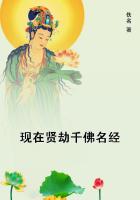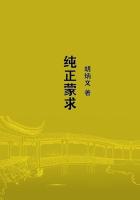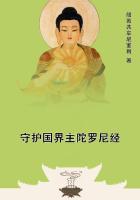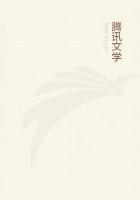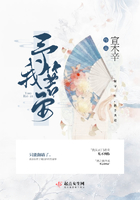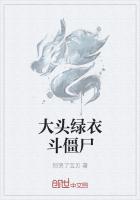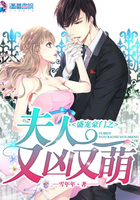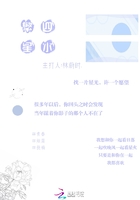"It was hot," she answered. Their conversation became private, owing to Mrs. Paley's deafness and the long sad history which Mrs. Elliot had embarked upon of a wire-haired terrier, white with just one black spot, belonging to an uncle of hers, which had committed suicide. "Animals do commit suicide," she sighed, as if she asserted a painful fact.
"Couldn't we explore the town this evening?" Mr. Venning suggested.
"My aunt--" Susan began.
"You deserve a holiday," he said. "You're always doing things for other people."
"But that's my life," she said, under cover of refilling the teapot.
"That's no one's life," he returned, "no young person's. You'll come?"
"I should like to come," she murmured.
At this moment Mrs. Elliot looked up and exclaimed, "Oh, Hugh!
He's bringing some one," she added.
"He would like some tea," said Mrs. Paley. "Susan, run and get some cups--there are the two young men."
"We're thirsting for tea," said Mr. Elliot. "You know Mr. Ambrose, Hilda? We met on the hill."
"He dragged me in," said Ridley, "or I should have been ashamed.
I'm dusty and dirty and disagreeable." He pointed to his boots which were white with dust, while a dejected flower drooping in his buttonhole, like an exhausted animal over a gate, added to the effect of length and untidiness. He was introduced to the others.
Mr. Hewet and Mr. Hirst brought chairs, and tea began again, Susan pouring cascades of water from pot to pot, always cheerfully, and with the competence of long use.
"My wife's brother," Ridley explained to Hilda, whom he failed to remember, "has a house here, which he has lent us.
I was sitting on a rock thinking of nothing at all when Elliot started up like a fairy in a pantomime."
"Our chicken got into the salt," Hewet said dolefully to Susan.
"Nor is it true that bananas include moisture as well as sustenance.
Hirst was already drinking.
"We've been cursing you," said Ridley in answer to Mrs. Elliot's kind enquiries about his wife. "You tourists eat up all the eggs, Helen tells me. That's an eye-sore too"--he nodded his head at the hotel. "Disgusting luxury, I call it. We live with pigs in the drawing-room."
"The food is not at all what it ought to be, considering the price," said Mrs. Paley seriously. "But unless one goes to a hotel where is one to go to?"
"Stay at home," said Ridley. "I often wish I had! Everyone ought to stay at home. But, of course, they won't."
Mrs. Paley conceived a certain grudge against Ridley, who seemed to be criticising her habits after an acquaintance of five minutes.
"I believe in foreign travel myself," she stated, "if one knows one's native land, which I think I can honestly say I do. I should not allow any one to travel until they had visited Kent and Dorsetshire--
Kent for the hops, and Dorsetshire for its old stone cottages.
There is nothing to compare with them here."
"Yes--I always think that some people like the flat and other people like the downs," said Mrs. Elliot rather vaguely.
Hirst, who had been eating and drinking without interruption, now lit a cigarette, and observed, "Oh, but we're all agreed by this time that nature's a mistake. She's either very ugly, appallingly uncomfortable, or absolutely terrifying. I don't know which alarms me most--a cow or a tree. I once met a cow in a field by night.
The creature looked at me. I assure you it turned my hair grey.
It's a disgrace that the animals should be allowed to go at large."
"And what did the cow think of _him_?" Venning mumbled to Susan, who immediately decided in her own mind that Mr. Hirst was a dreadful young man, and that although he had such an air of being clever he probably wasn't as clever as Arthur, in the ways that really matter.
"Wasn't it Wilde who discovered the fact that nature makes no allowance for hip-bones?" enquired Hughling Elliot. He knew by this time exactly what scholarships and distinction Hirst enjoyed, and had formed a very high opinion of his capacities.
But Hirst merely drew his lips together very tightly and made no reply.
Ridley conjectured that it was now permissible for him to take his leave. Politeness required him to thank Mrs. Elliot for his tea, and to add, with a wave of his hand, "You must come up and see us."
The wave included both Hirst and Hewet, and Hewet answered, "I should like it immensely."
The party broke up, and Susan, who had never felt so happy in her life, was just about to start for her walk in the town with Arthur, when Mrs. Paley beckoned her back. She could not understand from the book how Double Demon patience is played; and suggested that if they sat down and worked it out together it would fill up the time nicely before dinner.

